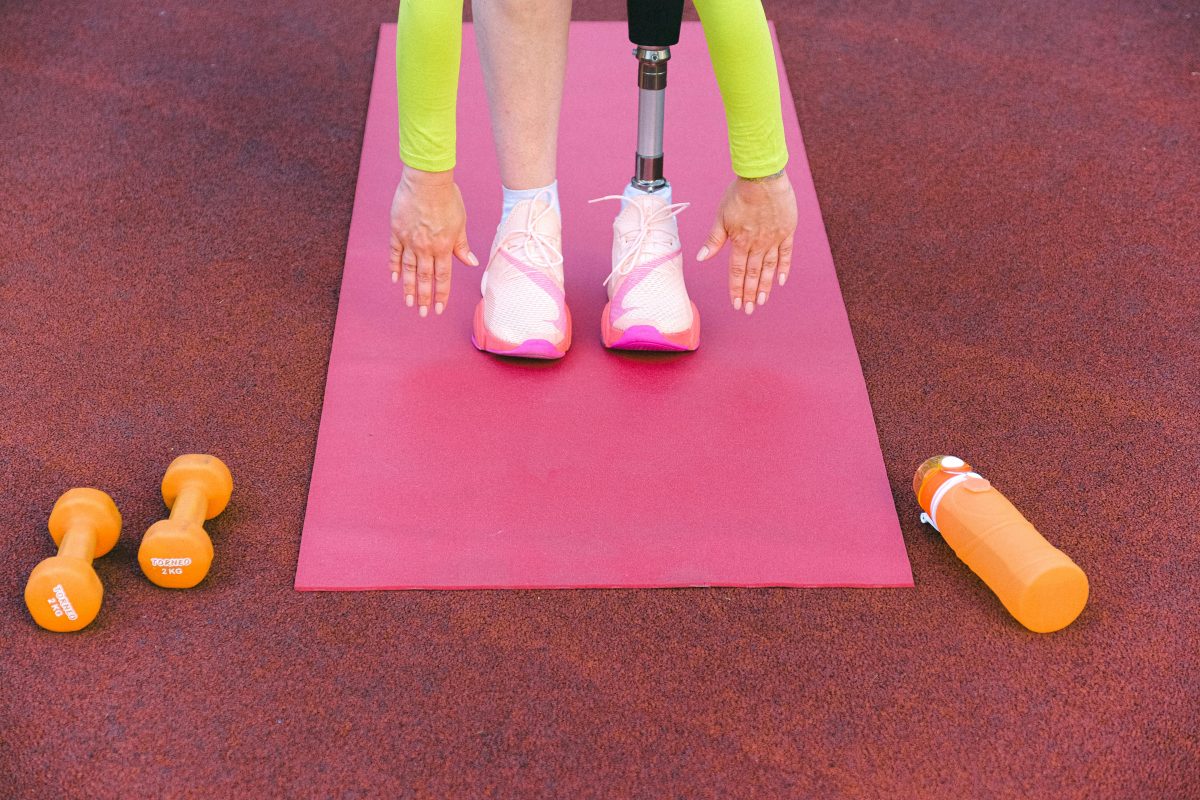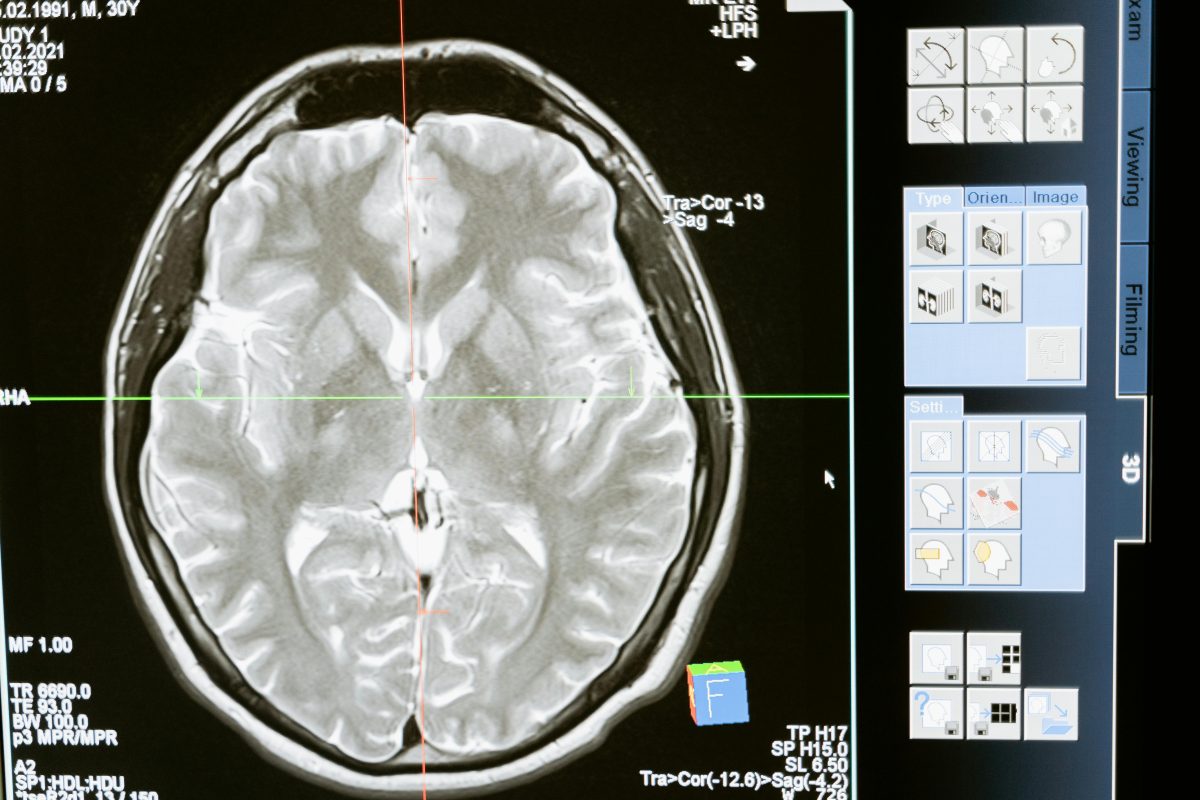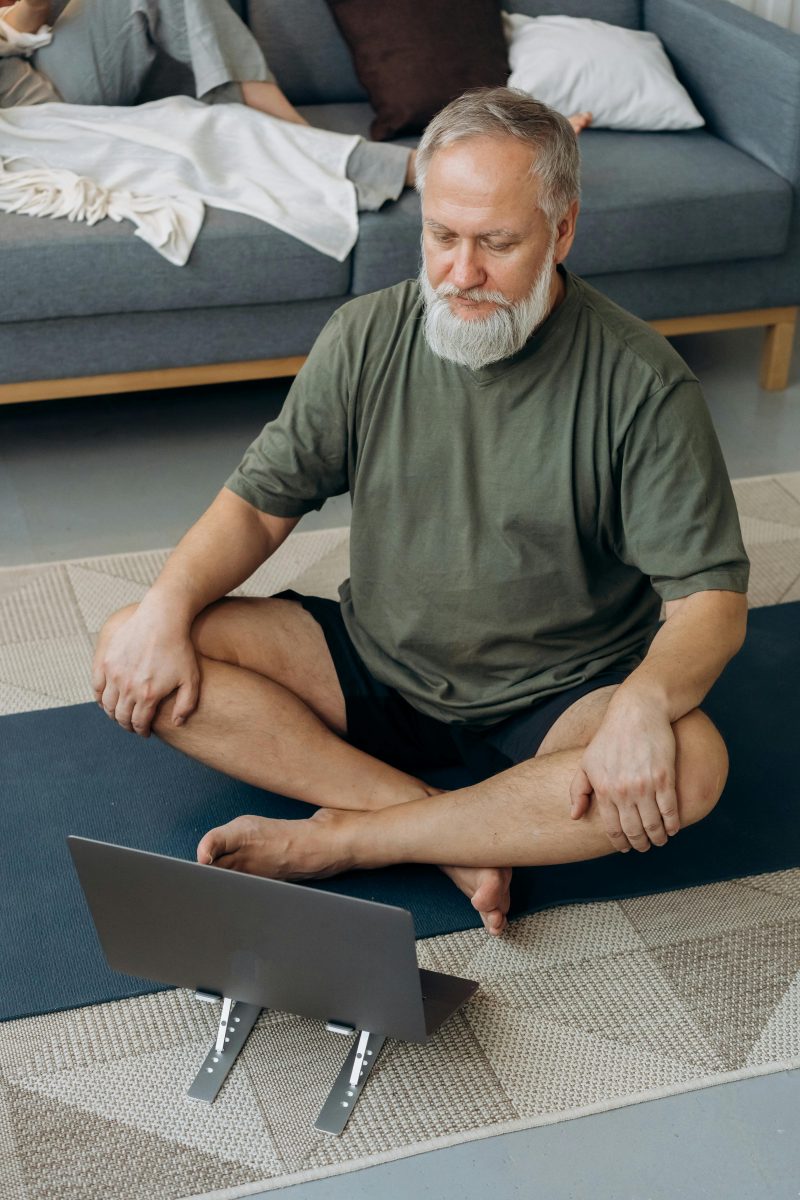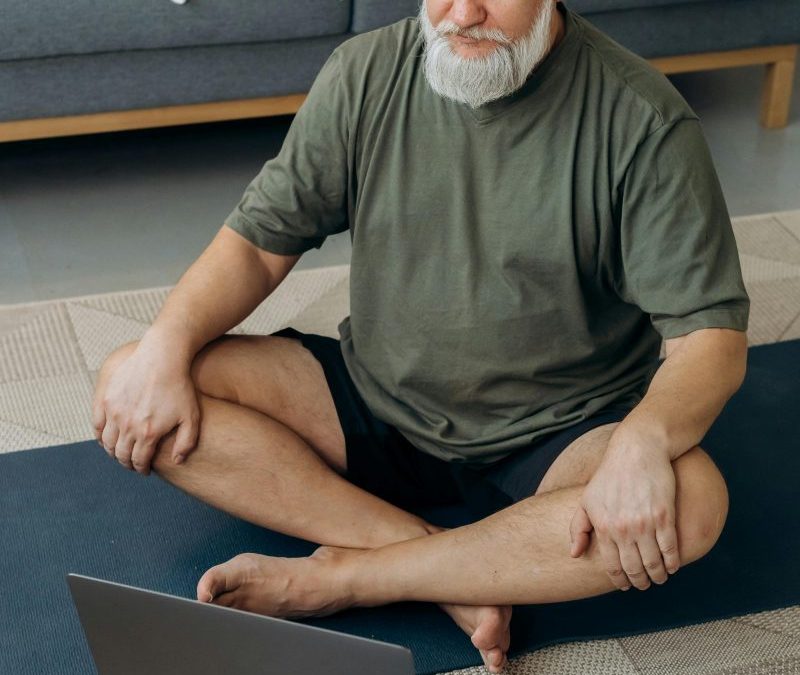Last Updated on: 14th July 2024, 09:29 am
The Gateway to Enhanced Well-being: Physical Activity

Physical activity stands as a cornerstone of health, weaving through the fabric of wellness with undeniable vigor. It’s more than just a routine; it’s a lifeline that nourishes the body, fortifying it against a myriad of health issues. From bolstering heart health to fortifying bones, its benefits are vast and varied. Yet, the journey of physical activity does not end with the physical. It extends, seamlessly, into the realm of mental health, offering solace and strength to the mind.
As we delve deeper into the mental benefits of regular physical activity, we uncover a world where endorphins dance freely, stress dissipates into thin air, and self-esteem blooms with each step taken. This article aims to illuminate this path, guiding you through the intricate dance of physical exertion and its profound impact on mental well-being. Structured to enlighten and inspire, it serves as a beacon for those seeking solace in movement, promising a journey that transcends the physical, touching the very essence of what it means to feel alive.
Enhancing Mood and Reducing Symptoms of Depression

- At the heart of mental rejuvenation, exercise emerges as a powerful ally. It’s not just about the physical transformation; it’s a catalyst for emotional upliftment.
- When we engage in physical activity, our bodies release endorphins and serotonin. These are the body’s natural mood elevators, often referred to as ‘feel-good’ hormones.
- Research underscores the potency of this natural remedy. Numerous studies have illuminated the link between regular physical activity and a significant decrease in symptoms of depression.
- Personal stories add color to these findings, bringing them to life. Individuals from all walks of life share how incorporating exercise into their daily routines has been a game-changer.
In the grand tapestry of mental health, exercise stands out as a vibrant thread, weaving patterns of joy and resilience. It’s a testament to the body’s ability to heal the mind, a reminder that within us lies the power to change how we feel. As we continue to explore the mental benefits of regular physical activity, let us embrace this gift, this natural elixir of well-being, and allow it to guide us towards a brighter, happier state of mind.
Stress Reduction and Anxiety Management Through Exercise

The Physiological Effects of Exercise on Stress Hormones
When we exercise, our bodies undergo a remarkable transformation. The heart pumps blood more vigorously, muscles contract with increased force, and something extraordinary happens to our stress hormones. Cortisol, often dubbed the ‘stress hormone,’ begins to decrease in concentration within our bloodstream. This biochemical shift is pivotal. It signals to our body that it’s time to transition from a state of alertness and tension to one of relaxation and recovery. This hormonal adjustment is a cornerstone of stress reduction, fostering a sense of calm and well-being.
Exercise as a Distraction and a Coping Mechanism
Moreover, exercise serves as a powerful distraction. It offers a respite from the whirlwind of thoughts and worries that often accompany stress and anxiety. By focusing on the rhythm of our movements, the cadence of our breath, we find a momentary escape. This mental break is not just a pause; it’s an active coping mechanism. It allows us to return to our challenges with a clearer mind and a more balanced perspective.
Types of Physical Activity Best Suited for Relieving Stress and Anxiety
- Activities that promote mindfulness, such as yoga and Tai Chi, are particularly effective.
- Aerobic exercises, like brisk walking, jogging, swimming, and cycling, also play a crucial role.
- Lastly, strength training, by focusing our attention on the task at hand, helps in breaking the cycle of negative thoughts that fuel anxiety and stress.
Integrating physical activity into our daily routine is more than a commitment to physical health; it’s a powerful strategy for managing stress and anxiety. By understanding the physiological effects of exercise, utilizing it as a distraction and coping mechanism, and selecting the right types of activities, we can harness this natural remedy. Let’s embrace the movement, not just for the body, but for the mind.
Boosting Brain Health and Cognitive Function

Physical activity is a beacon of hope for enhancing brain health and cognitive function. It’s a powerful agent that reshapes our brain structure and function, leading to improved memory, creativity, and thinking skills. The impact is profound, touching every aspect of our mental prowess.
- Exercise acts as a catalyst for neurogenesis, the birth of new neurons, enriching our brain’s capacity to learn and remember.
- Moreover, the benefits of physical activity extend into the realms of creativity and problem-solving. It stimulates the flow of ideas, akin to opening a window that lets in a fresh breeze, invigorating the mind and fostering innovative thinking.
- Age-related cognitive decline is a concern for many, but exercise offers a shield of protection. Regular physical activity is linked to a slower rate of cognitive deterioration, preserving mental acuity well into our later years.
The evidence is clear: incorporating physical activity into our daily lives is not just a choice; it’s a necessity for anyone aspiring to a life of mental clarity and vibrancy. Let’s embrace this path, knowing that each step we take is a step towards a healthier, more resilient brain.
Improving Sleep Quality: The Exercise Connection

The interplay between physical activity and sleep patterns is a symphony of health benefits, harmonizing to improve our overall well-being. Engaging in regular exercise has been shown to combat insomnia and enhance sleep quality, acting as a natural sedative for the restless mind and body.
Exercise, in its myriad forms, serves as a powerful antidote to sleepless nights. It stimulates the body in a way that, post-activity, promotes a deeper and more restorative sleep. This is not just conjecture but a fact supported by numerous studies, illustrating how physical activity can reset our internal clock, leading to improved sleep patterns.
But timing is key. Engaging in vigorous exercise too close to bedtime can be counterproductive, as it energizes the body when it should be winding down. Therefore, it is recommended to schedule intense workouts earlier in the day. Gentle, relaxing exercises, such as yoga or a leisurely walk, can be beneficial in the evening, helping to signal to your body that it’s time to rest.
As for the types of exercise, aerobic activities like jogging, cycling, and swimming have been lauded for their sleep-promoting effects. They not only improve the quantity of sleep but also its quality, ensuring you wake up feeling refreshed and rejuvenated. Strength training, too, plays a crucial role, with its benefits extending into the night, aiding in the battle against insomnia.
Incorporating physical activity into your daily routine is a step towards better sleep, a pillar of mental health. It’s a natural, effective way to ensure that every night is a good night, paving the way for a brighter, more energetic tomorrow.
Enhancing Self-Esteem and Body Image

Embarking on a journey of physical activity is akin to sculpting not just the body, but the mind as well. With each stride, lift, or stretch, there’s an intrinsic building of self-perception and confidence. This transformation is profound, as the body becomes a canvas of personal achievement, reflecting the strength and dedication of the individual.
- Positive Body Image: Regular exercise fosters a positive body image, intertwining with overall happiness. It’s a celebration of capability, where the focus shifts from appearance to the marvels of what the body can do.
- Empowerment: The joy derived from this empowerment is palpable, radiating from within and touching every facet of life.
Encouraging a healthy lifestyle transcends the superficial. It’s about nurturing a relationship with one’s body that is rooted in respect and appreciation. This holistic approach goes beyond the mirror, emphasizing well-being and vitality over mere aesthetics. It’s a message of self-care that resonates deeply, advocating for a balanced life where physical activity is a cherished part of one’s routine.
- Self-Care: This holistic approach goes beyond the mirror, emphasizing well-being and vitality over mere aesthetics.
- Balance: Advocating for a balanced life where physical activity is a cherished part of one’s routine.
Thus, as we lace up our sneakers or unroll our yoga mats, let’s remember that the true beauty of exercise lies in its ability to enhance our self-esteem and body image. It’s a powerful ally in the quest for happiness, a testament to the undeniable connection between a healthy body and a joyful heart.
In Closing
Movement is medicine for mind and body alike. It’s a source of joy and resilience, empowering us to navigate life’s challenges with grace. Through the rhythmic dance of physical activity, we unlock a treasure trove of mental benefits, from stress relief to enhanced cognitive function, each step on this journey enriches our sense of self and nurtures our mental well-being. Let us stride forward, embracing the transformative power of exercise, and discover the boundless potential within.
Mental Benefits of Regular Physical Activity FAQs
Yes, exercise can enhance cognitive function, particularly in tasks involving memory, attention, and executive functions. Physical activity increases blood flow to the brain, which can stimulate the growth of new brain cells and improve overall brain performance. Additionally, regular exercise has been shown to reduce the risk of cognitive decline and neurodegenerative disorders in later life.
Engaging in regular physical activity can indeed improve concentration and productivity. Exercise increases blood flow to the brain, which can help sharpen awareness and make you more ready to tackle tasks. Additionally, physical activity can boost creativity and energy levels, making it easier to maintain focus on work or studies.
Regular exercise can be an effective way to alleviate anxiety. It helps by reducing levels of the body’s stress hormones, such as adrenaline and cortisol, and stimulating the production of endorphins, chemicals in the brain that are the body’s natural painkillers and mood elevators. Consistent participation in physical activity can also increase confidence, provide distraction from anxious thoughts, and improve physical health, which can further reduce anxiety.
Yes, engaging in regular physical activity can improve the quality of sleep. It helps by enabling you to fall asleep faster and deepen your sleep, without the need for sleep medications. Exercise, particularly when done in the morning or afternoon, can regulate your sleep patterns and increase the amount of time spent in deep, restorative stages of sleep.
Exercise can have a positive impact on self-esteem and confidence by improving one’s physical appearance and body image. Achieving fitness goals, no matter how small, can also provide a sense of accomplishment. Moreover, the discipline and routine of regular exercise can improve mental resilience, contributing to an overall sense of well-being and confidence.
Physical activity can lead to an improvement in mood and a decrease in feelings of depression, anxiety, and stress. It does so by increasing the production of endorphins and neurotransmitters that can improve mood and reduce the perception of pain. Regular engagement in exercise also contributes to an enhanced sense of well-being and self-esteem.
Regular exercise can bolster emotional resilience by reducing the impact of stress, anxiety, and depression. It helps in managing stress more effectively and reduces the likelihood of feeling overwhelmed by emotional challenges. Furthermore, the discipline and routine associated with regular physical activity can foster a sense of control and accomplishment, which are key components of emotional resilience.
Regular physical activity can significantly improve mental health by reducing symptoms of depression and anxiety. It increases the production of endorphins, which are known to help produce positive feelings and reduce the perception of pain. Furthermore, exercise can also improve sleep, which is closely linked to mental health.
Physical activity can offer valuable opportunities for social interaction, which is beneficial for mental health. Group exercises, sports teams, and fitness classes can provide a sense of community and support. These social connections can improve mood, reduce feelings of loneliness, and increase one’s sense of belonging.
Exercise is a powerful stress reducer, helping to lower the body’s stress hormones, such as cortisol, over time. It also stimulates the production of endorphins, the body’s natural mood elevators and painkillers. Engaging in physical activity can also serve as a form of meditation in motion, helping to break the cycle of negative thoughts that contribute to stress.
Orlando is a all round athlete from Australia, now resident in Germany. His sports of passion of American Football(Offensive line), weight training and indoor rock climbing where he uses his 195cm wing span to his advantage.



